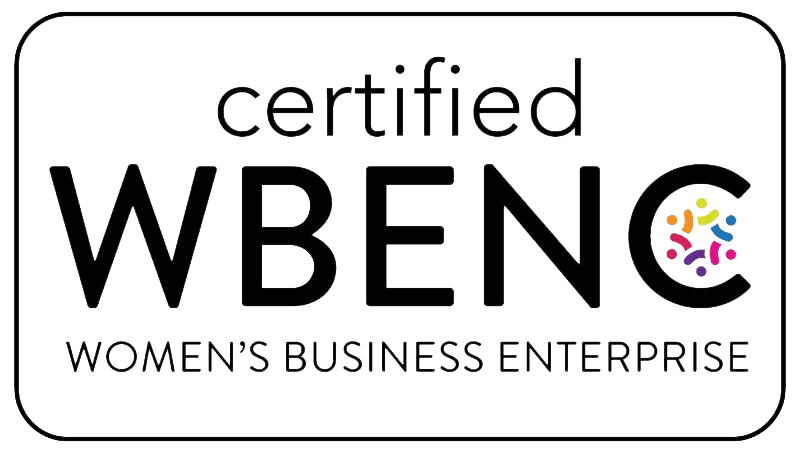Focusing Only on Legal Requirements
Compliance training is essential in ensuring that employees understand the regulations, policies, and ethical standards that govern their actions within the workplace. Legal requirements, such as adherence to safety regulations, anti-discrimination laws, and data privacy protocols, are undoubtedly a crucial component of any compliance training program. However, a common mistake many organizations make is focusing solely on these legal obligations. While it is important to cover the legal aspects, training that revolves only around what employees cannot do can feel punitive, uninspiring, and may even lead to disengagement. This narrow approach can undermine the effectiveness of the training and fail to foster a comprehensive understanding of the broader importance of compliance.
Mistake: Narrow Focus on Legal Requirements While legal compliance is non-negotiable and must be covered, focusing exclusively on laws, regulations, and penalties often overlooks the bigger picture. If compliance training only highlights legal prohibitions and the risks associated with non-compliance, employees may view the training as a mere checklist—a task to be completed rather than an integral part of the company culture. Employees may not understand why compliance matters beyond the fear of penalties, and they may feel disconnected from the core mission of the organization.
Additionally, when compliance training is framed only around legal constraints, it can unintentionally create an environment of fear or negativity. Instead of empowering employees to make ethical decisions or feel responsible for upholding company values, employees may view the training as an obstacle they must endure. This approach is unlikely to inspire a genuine commitment to compliance or to foster a positive organizational culture.
Furthermore, when training focuses purely on legal requirements, there is often a missed opportunity to address the company’s values and ethical expectations. A compliance program that only addresses what employees “should not do” fails to show them how compliance can align with the company's broader goals and contribute to long-term success. Employees may not understand how their actions within the company can directly impact organizational culture, trust, and reputation.
Solution: Holistic Compliance Training To avoid the pitfalls of focusing solely on legal requirements, organizations should adopt a holistic approach to compliance training. This approach broadens the scope of the training to include not only the legal framework but also company values, ethical expectations, and the role that compliance plays in organizational success. By expanding the conversation around compliance, employees are more likely to understand the full importance of their actions within the workplace.
A holistic compliance training program starts by covering the necessary legal obligations but quickly moves beyond them to integrate the company’s ethical standards and cultural values. For example, training can include discussions on how ethical decision-making aligns with the organization’s core principles, how maintaining compliance fosters a safe and inclusive work environment, and how upholding regulations contributes to the company’s reputation and long-term success. By showing employees that compliance is not just about avoiding punishment but also about supporting positive change, organizations can create a more engaged and motivated workforce.
Another key element of a holistic compliance program is the connection between compliance and business success. Employees should understand that compliance contributes to a thriving business by protecting the company from legal risks, fostering trust with customers, and creating a respectful, safe, and inclusive environment. A well-rounded training program can also emphasize how employees’ compliance with regulations can help the organization stay competitive, retain top talent, and achieve its strategic objectives.
Moreover, including real-world case studies, ethical dilemmas, and interactive scenarios in compliance training can help employees understand the nuances of compliance in practice. Training should go beyond rules and penalties, encouraging employees to think critically and act responsibly. By incorporating discussions on ethical decision-making, employees can see that compliance isn’t just about following the letter of the law but also about making choices that reflect the values of the company.
Instead of focusing solely on legal obligations, organizations should design comprehensive compliance training programs that encompass legal requirements, ethical guidelines, company policies, and the long-term benefits of maintaining a compliant workplace. A holistic approach creates a deeper understanding of compliance, emphasizing the role it plays in fostering a positive company culture, ensuring business success, and safeguarding the company’s reputation. This broader perspective will empower employees, fostering a sense of ownership and responsibility for upholding company values and regulations. Ultimately, when compliance training is presented as a positive, integrated part of the workplace culture, employees will be more likely to engage, embrace the training, and apply it to their everyday work.


